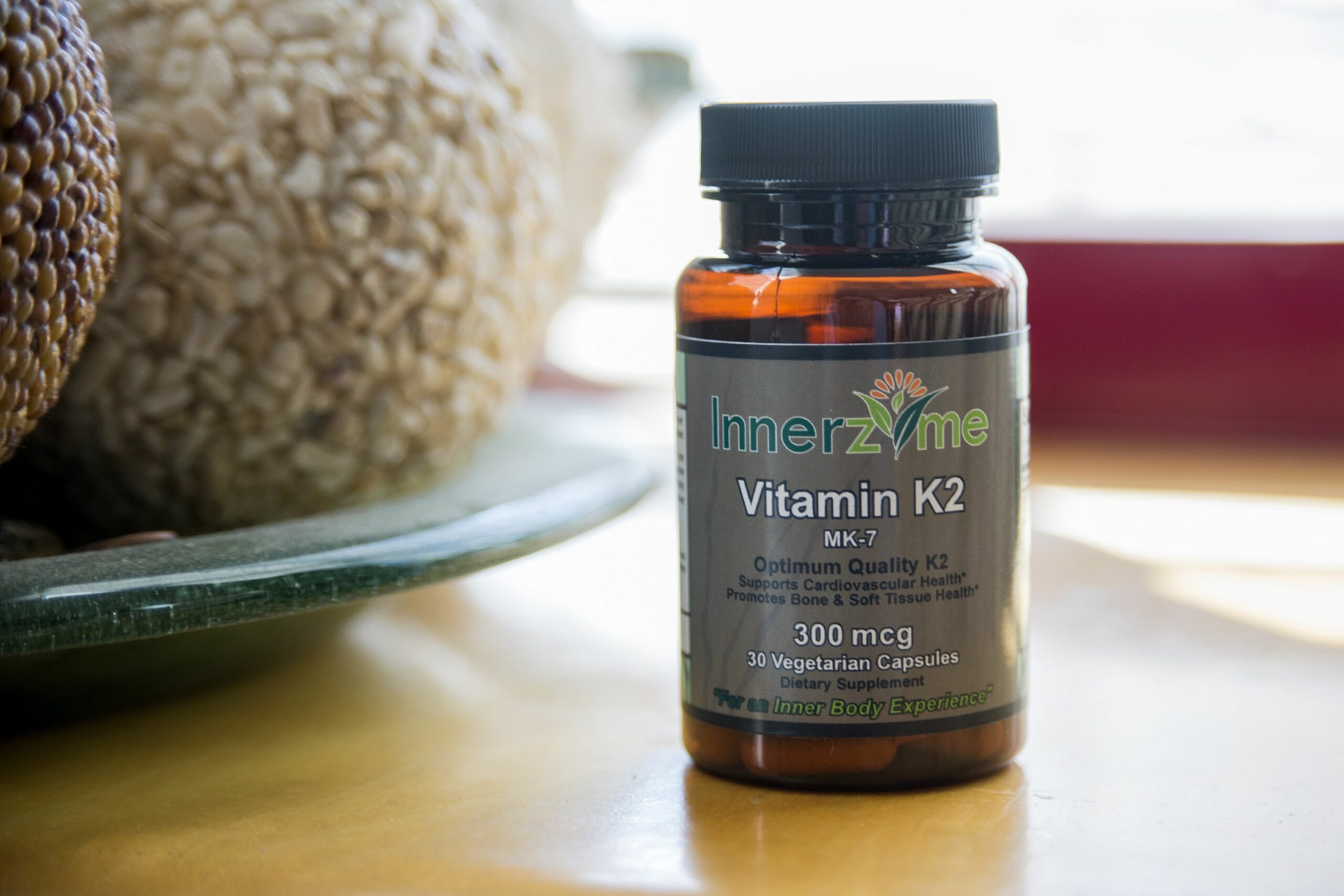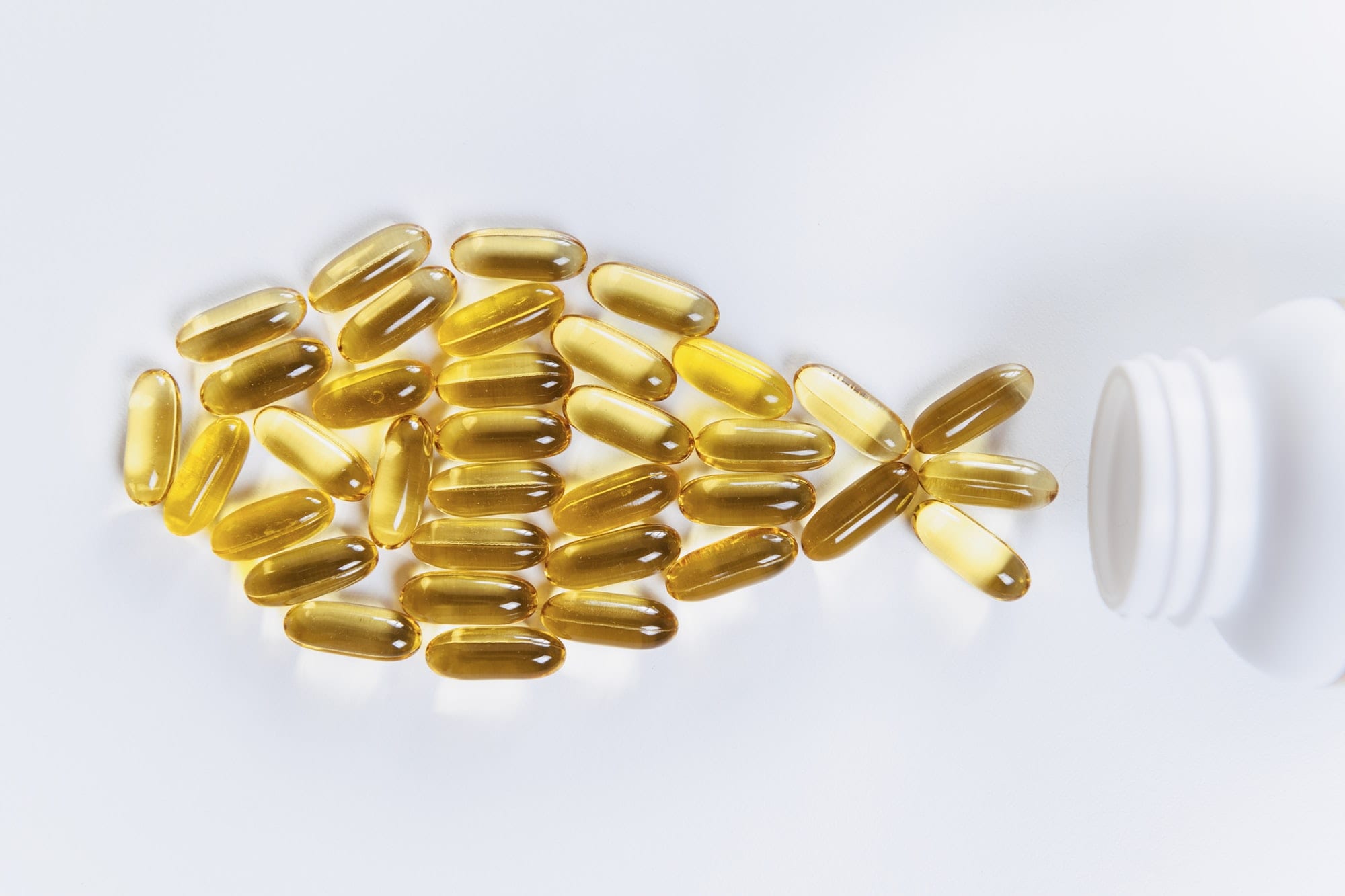introduction
Vitamin K2, often referred to as menaquinone, is a lesser-known member of the vitamin K family. While vitamin K1 is primarily associated with blood clotting, vitamin K2 offers a unique set of benefits that are less widely recognized but equally important for overall health. In this comprehensive guide, we will explore the various advantages of vitamin K2, its dietary sources, recommended intake, and its potential impact on key aspects of health.
Understanding Vitamin K2
Vitamin K2 belongs to the family of fat-soluble vitamins, just like its sibling, vitamin K1. These vitamins are essential for various bodily functions, including blood clotting, bone health, and cardiovascular well-being. However, vitamin K2 is distinct in its role and function.
Vitamin K2 exists in several forms, known as menaquinones (MK). The two most common forms of vitamin K2 are MK-4 and MK-7. MK-4 is found in animal products, while MK-7 is predominantly found in fermented foods and certain supplements.
Benefits of Vitamin K2
Bone Health
One of the most prominent benefits of vitamin K2 is its role in bone health. It acts as a cofactor for a protein called osteocalcin, which is responsible for binding calcium to the bone matrix. This process strengthens bones and reduces the risk of fractures. Vitamin K2 helps direct calcium away from soft tissues and arteries, where it can lead to calcification, and towards the bones, where it’s needed for strength.
Cardiovascular Health
Vitamin K2 may play a crucial role in cardiovascular health. By preventing calcium buildup in the arteries, it helps reduce the risk of atherosclerosis and cardiovascular disease. Some research suggests that higher intake of vitamin K2 may lead to a reduced risk of heart disease.
Dental Health
The role of vitamin K2 isn’t limited to bones and arteries. It also has implications for dental health. By supporting proper calcium metabolism, vitamin K2 may help maintain strong and healthy teeth. Some studies have linked vitamin K2 to a lower risk of tooth decay.
Cancer Prevention
Emerging research suggests that vitamin K2 may have a role in cancer prevention. It appears to inhibit the growth of cancer cells and promote apoptosis (programmed cell death) in these cells. While more research is needed, these findings hold promise for the potential benefits of vitamin K2 in cancer prevention and treatment.
Immune System Support
Vitamin K2 supports the immune system by assisting in the production of immune cells. It helps regulate inflammatory responses and contributes to overall immune function. Adequate vitamin K2 intake may help the body better defend against infections and diseases.
Brain Health
Although the research is in its early stages, there is growing interest in the potential role of vitamin K2 in brain health. Some studies suggest that it may protect against neurodegenerative diseases and help maintain cognitive function. More research is needed to fully understand the impact of vitamin K2 on the brain.
Skin Health
Vitamin K2 may contribute to skin health by helping to maintain the elasticity and overall quality of the skin. Some topical creams containing vitamin K2 have been used to reduce the appearance of skin conditions like spider veins and dark circles under the eyes.
Dietary Sources of Vitamin K2
To enjoy the benefits of vitamin K2, it’s important to incorporate foods rich in this vitamin into your diet. Here are some dietary sources of vitamin K2:
Animal Sources
- Organ meats, such as liver and kidneys
- Fatty fish, including salmon and mackerel
- Eggs
- Dairy products, particularly hard cheeses
Fermented Foods
- Natto: A Japanese dish made from fermented soybeans and known for its exceptionally high vitamin K2 content.
- Sauerkraut: Fermented cabbage.
- Cheese: Especially Gouda and Brie.
Supplements
Vitamin K2 supplements are available in various forms, such as MK-4 and MK-7. They are often recommended for individuals who have dietary restrictions or limited access to vitamin K2-rich foods.
Recommended Intake
The recommended daily intake of vitamin K2 is not as well-established as that of some other vitamins. However, current guidelines suggest that adults should consume around 90 to 120 micrograms (mcg) of vitamin K2 per day. It’s important to note that individual requirements may vary, and it’s advisable to consult with a healthcare professional to determine the appropriate intake, especially if you have specific health concerns or conditions.
Risks Associated with Vitamin K2
Vitamin K2 is generally considered safe when consumed within recommended levels. However, as with any nutrient, excessive intake should be avoided. High doses of vitamin K2 supplements may interfere with the action of certain medications, such as blood thinners. Therefore, it’s crucial to discuss any supplementation with a healthcare provider, especially if you are taking medications that could interact with vitamin K2.
Conclusion
Vitamin K2, often overlooked in comparison to its more famous sibling, vitamin K1, offers a wide range of health benefits. From supporting bone and cardiovascular health to playing a role in dental health, cancer prevention, and immune system support, vitamin K2 is a critical nutrient for overall well-being.
To harness the benefits of vitamin K2, consider incorporating vitamin K2-rich foods into your diet, such as organ meats, fatty fish, eggs, and fermented foods like natto and sauerkraut. If dietary limitations or specific health conditions make it challenging to meet your vitamin K2 needs, supplements may be a viable option, but always consult with a healthcare professional before starting any supplementation.
By understanding the unique advantages of vitamin K2 and making informed choices about your diet and supplementation, you can optimize your health and well-being, while also potentially reducing the risk of various health conditions.
- The Comprehensive Guide to the Benefits of Vitamin K2 - October 31, 2023
- The Comprehensive Guide to the Benefits of Reishi Mushroom Supplements - July 12, 2023
- Diy CBD Bath Bomb Recipe For Post Workout Recovery - June 7, 2023




